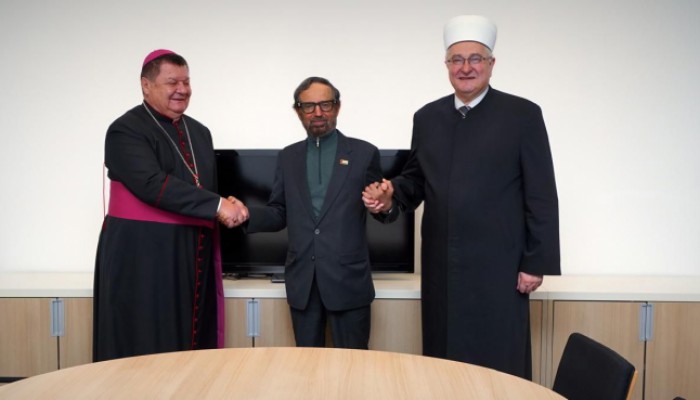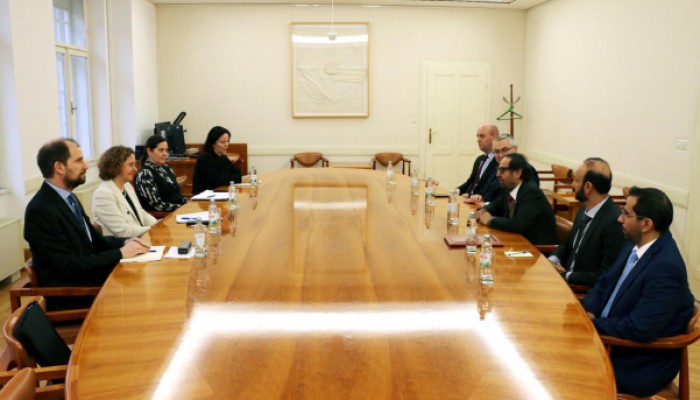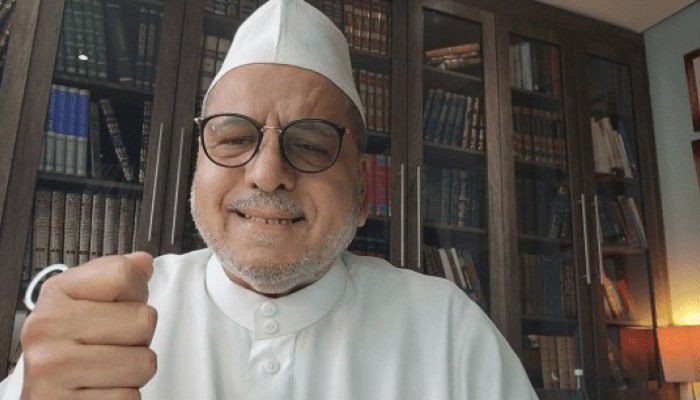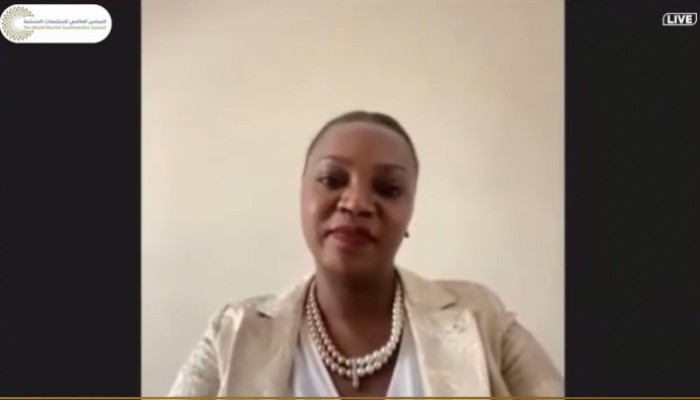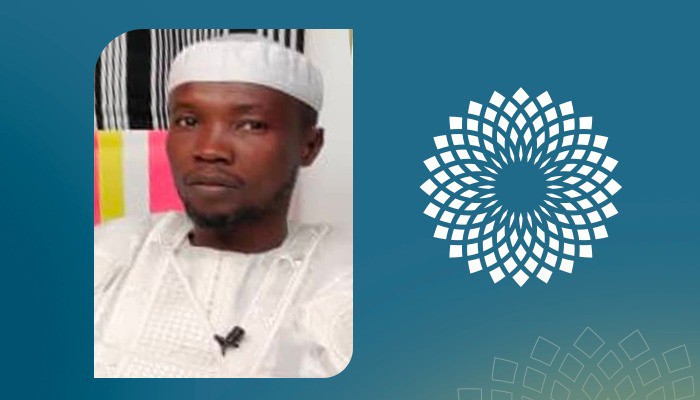
Sheikh Taha Mohamed Ceesay: Traditional Education Important Platform for Interaction Between Teacher and Learner
- 2021-May-02
Sheikh Taha Mohamed Ceesay: Traditional Education Important Platform for Interaction Between Teacher and Learner Among the the daily Ramadan lectures, The World Muslim Communities Council organized, on Saturday May 1, 2021, a lecture entitled "Disciplinary Inclusion in Traditional Teaching", in which Sheikh Taha Mohamed Ceesay, the International Qadiriya Association, Gambia, spoke via the Council's social media pages. Sheikh Ceesay said that traditional education is the real platform for learning, as it provides for the interaction between the recipient of knowledge and the sender. He added that when the Messenger (PBUH) received the revelation, he always needed advice and guidance from Allah. He continued, "Islam does not oppose modern technological platforms, it always push towards education." Sheikh Ceesay listed some features that are unique to traditional education, as in contrast to modern education, such as providing a fertile environment for adopting the values of difference and consultation. He pointed out that modern education suffers major problems, such as absence of interaction mechanisms, while traditional education was in the foundation that our Messenger (PBUH) to obtain support and guidance from Allah. It is noteworthy that the World Muslim Communities Council is an international non-governmental organization, headquartered in the UAE capital Abu Dhabi. It is considered a think tank to rationalize organizations and societies working in Muslim societies, renew their thinking and improve their performance in order to achieve one goal; The integration of Muslim societies in their countries, in a way that their members realize the perfection of citizenship and complete affiliation with the Islamic religion. The council seeks, through holding dozens of virtual conferences, seminars and activities, to localize the concepts of religious, ethnic and cultural pluralism, in a manner that preserves human dignity and respect for his beliefs, and establishes the values of moderation, dialogue, tolerance and belonging to the homelands.




